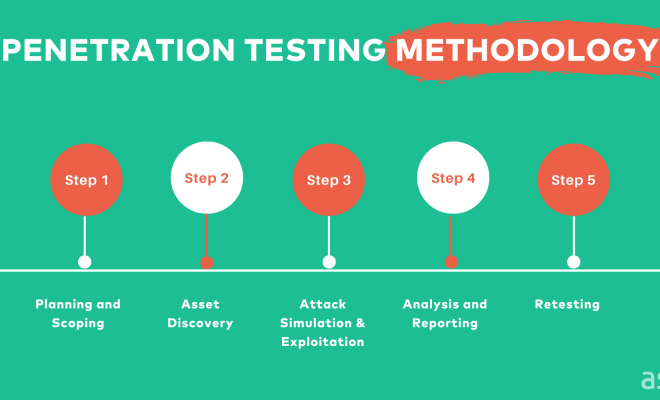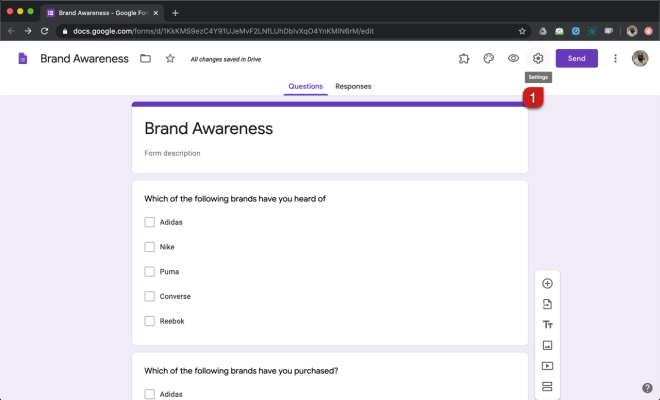Teaching Philosophy in the Elementary Classroom

Philosophy entails rational thought and critical thinking that aims to solve everyday questions. We often apply philosophical methods while acquiring knowledge in school and outside the classroom. You’ll notice this whenever you engage your thought process before expressing an opinion or before presenting your thoughts and ideas.
Philosophers are always seeking answers to every imaginable question. That is why philosophy is intimately linked to education, and when applied effectively, it can spur children’s intellectual growth. Furthermore, learners who are interested in philosophy will benefit from renewed interest in acquiring knowledge and wisdom.
Why You Should Introduce Philosophy to Elementary Students
Philosophy can greatly benefit younger learners when they are introduced to the discipline early in their lives. Most children experience heightened curiosity in their pre-teen years, and philosophical concepts will help them understand the reality of nature.
There are several ‘difficult’ questions parents, and sometimes teachers have to endure from students. For instance, many kids are always curious about the origin of life and what happens to death. Philosophy gives learners multiple perspectives about life and allows them to control their emotional response to some of these awkward questions.
One essential aspect of philosophy is that it teaches logic so that learners can develop their thought processes when confronted with a problem. Children will also cultivate ethical behavior in the classroom and away from school.
Initiating Philosophy in Class
The best way to incorporate philosophy sessions in school is to allocate time for the subject. Teachers of religion are best placed to introduce the concept of a superior being while teaching about the biblical origins of life.
Other resources that are invaluable to philosophical lessons include books and pop-culture media such as movies. Movies with a standout hero character can show learners the value of courage, equality, and justice.
Poems are equally useful when teaching about philosophy. Skilled poets create captivating pieces which provide important lessons on patience and hard work, two values that are important in any learner’s academic life.
Whenever you are about to start teaching philosophy in an elementary classroom, keep in mind the following factors:
- Always engage the parents through assignments.
- Create an elaborate framework to support your students‘ understanding of complex philosophical concepts. For instance, the subject of religion is often divisive, and you should preempt potential discourse in the classroom.
- Make your learners comfortable with their philosophy lessons. Granted, some of the questions about life may seem awkward at first, but teachers can create a safe space during such lessons.
Assessing and Evaluating the Subject
Like other classroom subjects, teachers can evaluate their students’ grasp of philosophical concepts through written tests and different forms of artistic expressions like music, drama, and drawings. Moreover, an educator can inculcate various self-evaluation principles throughout the curriculum so that students can take charge of their learning.






